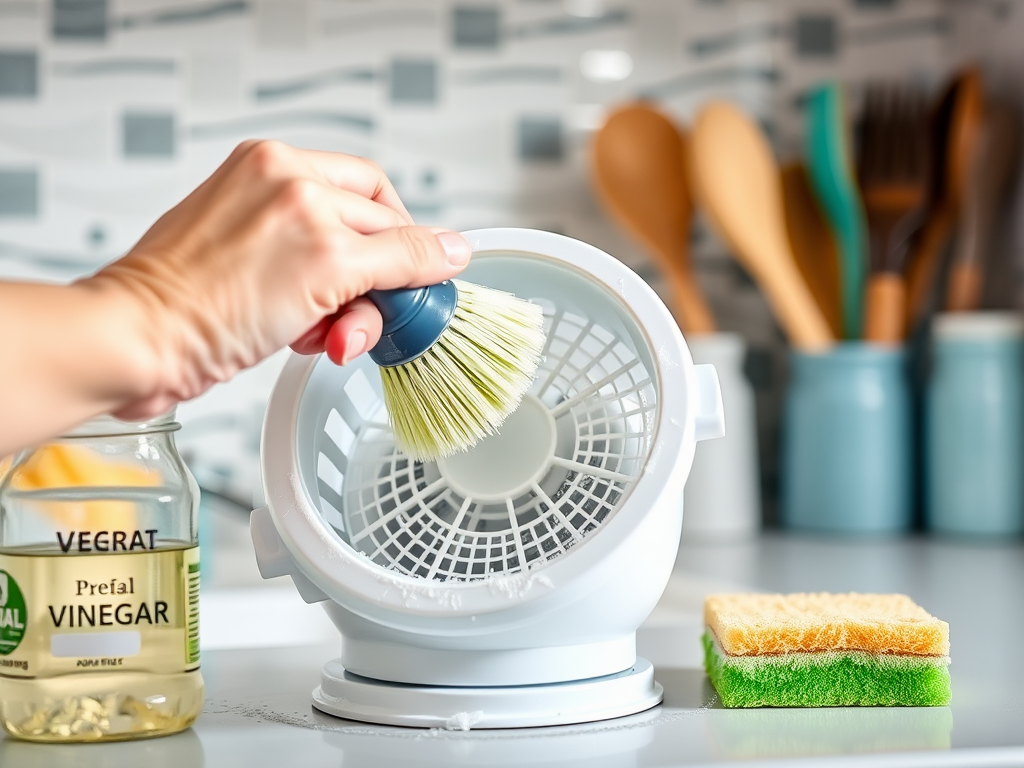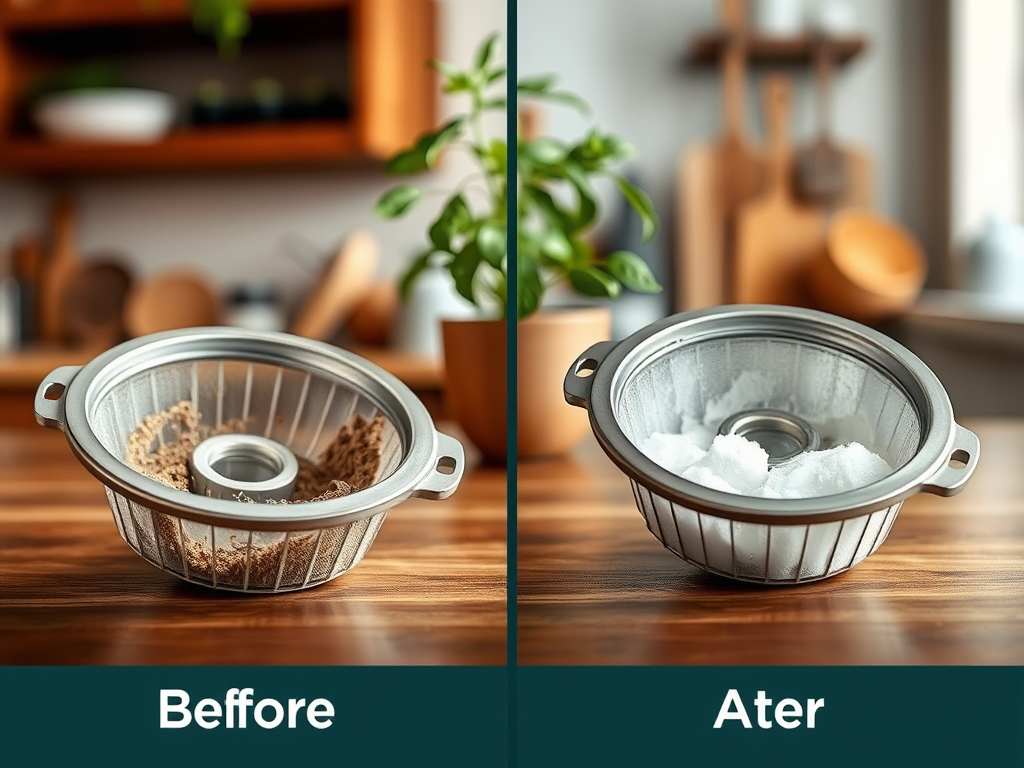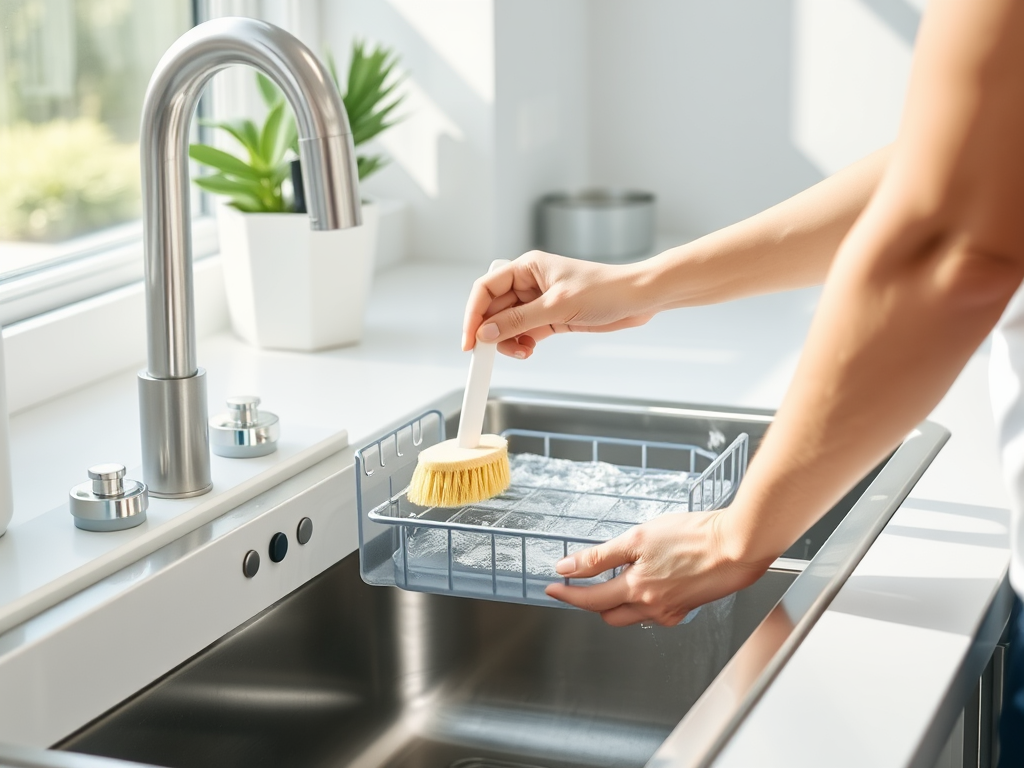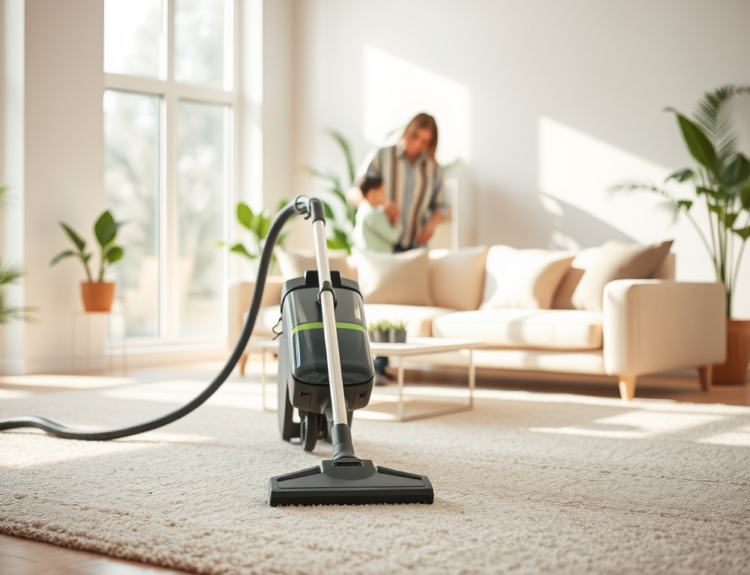Dishwashers are indispensable appliances in modern kitchens, ensuring our crockery is sparkling clean with minimal effort. However, many homeowners overlook one critical aspect of their dishwasher’s maintenance—the filter. A clean dishwasher filter plays a pivotal role in the efficiency of the machine, impacting everything from water flow to the cleanliness of your utensils. Neglecting this simple task can lead to stubborn odors, messy dishes, and, worse, costly repairs. This guide will walk you through the importance of filter cleaning, how to do it yourself, and tips for keeping your dishwasher in peak condition. By the end, you’ll be equipped with all the knowledge necessary to ensure your dishwasher remains a reliable kitchen helper.
Importance of Cleaning Your Dishwasher Filter

Cleaning your dishwasher filter offers numerous benefits that can enhance both performance and hygiene. First and foremost, it improves overall efficiency. A clogged filter can impede water flow, meaning your dishes may not get as clean as they should. Regular maintenance helps avoid this issue and ensures that your appliance functions as intended. Additionally, cleaning the filter helps prevent unpleasant odors caused by decomposing food particles. After all, nobody wants their clean dishes to smell unappetizing due to a dirty machine.
Moreover, maintaining your dishwasher filter can extend the life of your appliance. By preventing breakdowns and ensuring that everything is working correctly, you’ll save money in the long run. Regular cleaning may seem like a small task, but its impact is quite significant. Most dishwashers come with accessible filters, making this process easy to incorporate into your monthly cleaning routine.
Signs That Your Dishwasher Filter Needs Cleaning

How can you tell if your dishwasher filter is due for a clean? Paying attention to the following signs can help you avoid problems before they start:
- Dishes Not Coming Out Clean: If you notice a film or residue on your plates, it’s a key indicator that the filter may be clogged, leading to poor wash performance.
- Unpleasant Smells: A buildup of food debris can trigger bad odors emanating from your dishwasher.
- Water Pooling: If water isn’t draining effectively from the bottom of your dishwasher, a dirty filter might be to blame.
Tools and Materials You’ll Need
Preparation is key before you embark on your cleaning journey. Gather the following items to make the process easy and efficient:
- Soft brush or toothbrush (for scrubbing)
- Bowl of warm, soapy water
- Microfiber cloth or sponge (for drying and polishing)
- Optional: Vinegar (for a deeper clean)
Step-by-Step Guide to Cleaning Your Dishwasher Filter
Step 1: Turn Off Your Dishwasher
Before you begin, it’s essential to prioritize safety. Make sure your dishwasher is turned off and unplugged. This precaution helps prevent any unintentional starts during cleaning.
Step 2: Locate the Dishwasher Filter
Finding the filter can vary depending on your dishwasher model, but it is typically located at the bottom, near the spray arm. Knowing its exact position is essential to your cleaning process.
| Model | Filter Location | Cleaning Frequency |
|---|---|---|
| Whirlpool | Bottom of the tub | Monthly |
| Bosch | Near the spray arm | Every 3 weeks |
| Samsung | Once you remove the bottom rack | Every month |
Step 3: Remove the Filter
Once you locate the filter, carefully take it out according to your manufacturer’s instructions. Be gentle to avoid damaging any components.
Step 4: Clean the Filter
Submerge the filter in the warm, soapy water you prepared. Use the soft brush to delicately scrub away any stuck food particles and debris. This step may require some elbow grease, but it’s well worth it for a spotless result.
Step 5: Rinse and Dry
After scrubbing, thoroughly rinse the filter under warm running water. Make sure all soap residue is washed away. Next, allow it to air dry completely before reinstalling.
Step 6: Reinstall the Filter
Finally, once the filter is dry, carefully place it back into its original position. Ensure it fits securely to avoid any issues when you use the dishwasher again.
Additional Tips for Maintaining Your Dishwasher
Beyond filter cleaning, there are different strategies to keep your appliance in good shape:
- Run Hot Water Before Starting: This helps to flush grease and food particles more effectively.
- Regularly Run an Empty Cycle with Vinegar: This can help eliminate bacteria and odors, keeping the interior fresh.
- Check the Spray Arms: Make a habit of periodically checking for clogs to ensure proper water distribution.
Conclusion
Cleaning your dishwasher filter is a straightforward but crucial task that can greatly enhance both the performance and longevity of your appliance. By incorporating this into your regular maintenance schedule, you ensure that each wash cycle provides sparkling clean dishes and a pleasant kitchen aroma. Follow the steps outlined in this comprehensive guide, and you can take pride in knowing you’re caring for your dishwasher efficiently. Not only will you save money on potential repairs, but you’ll also enjoy the benefits of having a well-functioning kitchen companion, making meal times smoother and more enjoyable.
Frequently Asked Questions
- How often should I clean my dishwasher filter? It’s recommended to clean your dishwasher filter once a month for optimal performance.
- Can I use bleach to clean the filter? No, bleach can damage your dishwasher’s interior and should be avoided. Use mild soap instead.
- What if my filter is damaged? If your filter is damaged or cannot be cleaned, consider replacing it to maintain your dishwasher’s performance.
- Will cleaning the filter remove odors? Yes, regular cleaning helps to eliminate food particles that cause unpleasant odors.
- Can I run my dishwasher without a filter? Operating your dishwasher without a filter is not recommended as it can lead to clogs and damage. Always ensure the filter is in place when running your appliance.



